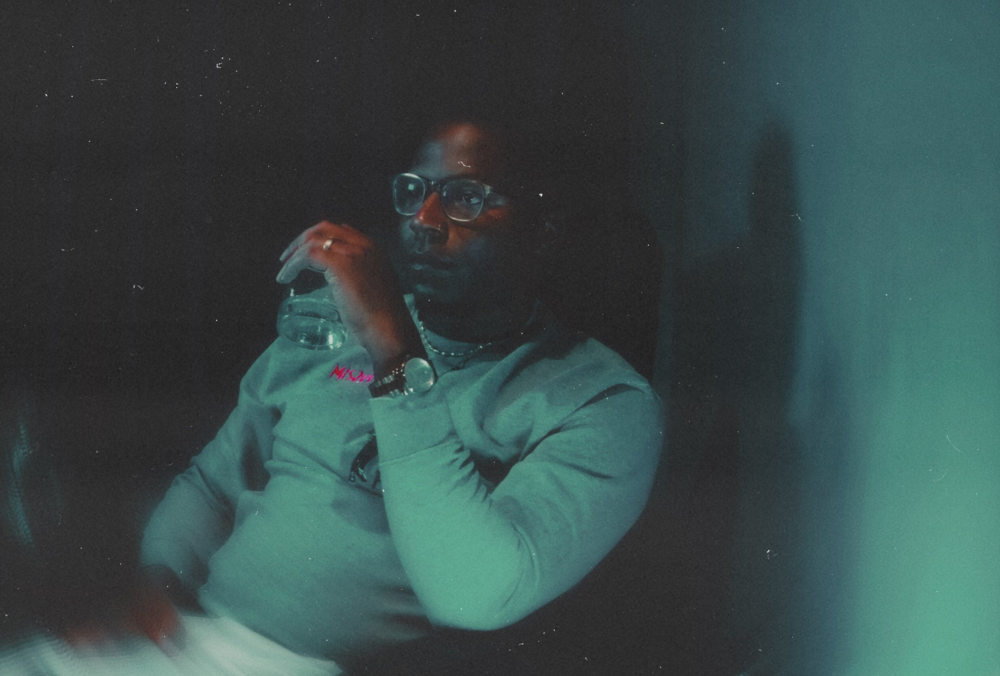J’Moris releases Toxic Lovespell, marking his latest exploration of love’s turbulence and the resilience forged in adversity. The album, produced by Supamario Beatz, merges Southern hip-hop grit with R&B introspection, delivering a project that oscillates between club-ready bravado and late-night vulnerability.
The album opens with Therapeutic Release, where a therapist’s invitation to “have a seat, relax, and tell me what’s on your mind” anchors J’Moris’s confessional lyricism. Strings and soft guitar strums underscore his steady vocals, framing the track as a prologue to the album’s themes of scrutiny and self-reckoning. Tracks like “Ice Cream” and “She Knows” showcase his ability to weave melodic hooks with trap-infused rhythms, while “Good Guys Finish Last” leans into jazz-tinged production, its lyrics dissecting disillusionment with raw clarity.
J’Moris’s upbringing in Hillsboro—a town grappling with the crack epidemic—permeates his storytelling. His older brother Crunch, who taught him to “finesse the game” without succumbing to street life, becomes a recurring motif in his narrative. This duality of survival and ambition surfaces in lines like “I tell God to watch out for me while I chase the route of evil,” a lyric from earlier work that echoes throughout his discography. Toxic Lovespell reframes these struggles as a dialogue between recklessness and growth, particularly on Loaded, where booming basslines contrast with admissions of emotional exhaustion.
Supamario Beatz’s instrumentals serve as more than accompaniment; they mirror the album’s thematic tensions. 90s Sitcom employs nostalgic samples to evoke J’Moris’s cultural touchstones, while SFM channels trap urgency to underscore tales of streetwise perseverance. The decision to forgo featured artists amplifies the project’s intimacy, positioning J’Moris as both narrator and protagonist.
J’Moris joins a lineage of Southern artists like Big K.R.I.T. and Devin the Dude, who blend regional authenticity with genre-fluid experimentation. His focus on melodic cadences and confessional lyricism, however, distinguishes him as a storyteller fixated on the minutiae of human error and redemption. Toxic Lovespell doesn’t merely recount hardships—it interrogates how they shape identity, a approach reminiscent of early OutKast in its willingness to juxtapose playfulness with gravitas.
Toxic Lovespell arrives as a testament to J’Moris’s refusal to compartmentalize artistry and autobiography. By treating his imperfections as foundational rather than flaws, he crafts a project that resonates beyond its regional roots—a quality increasingly rare in an era of algorithm-driven music.

